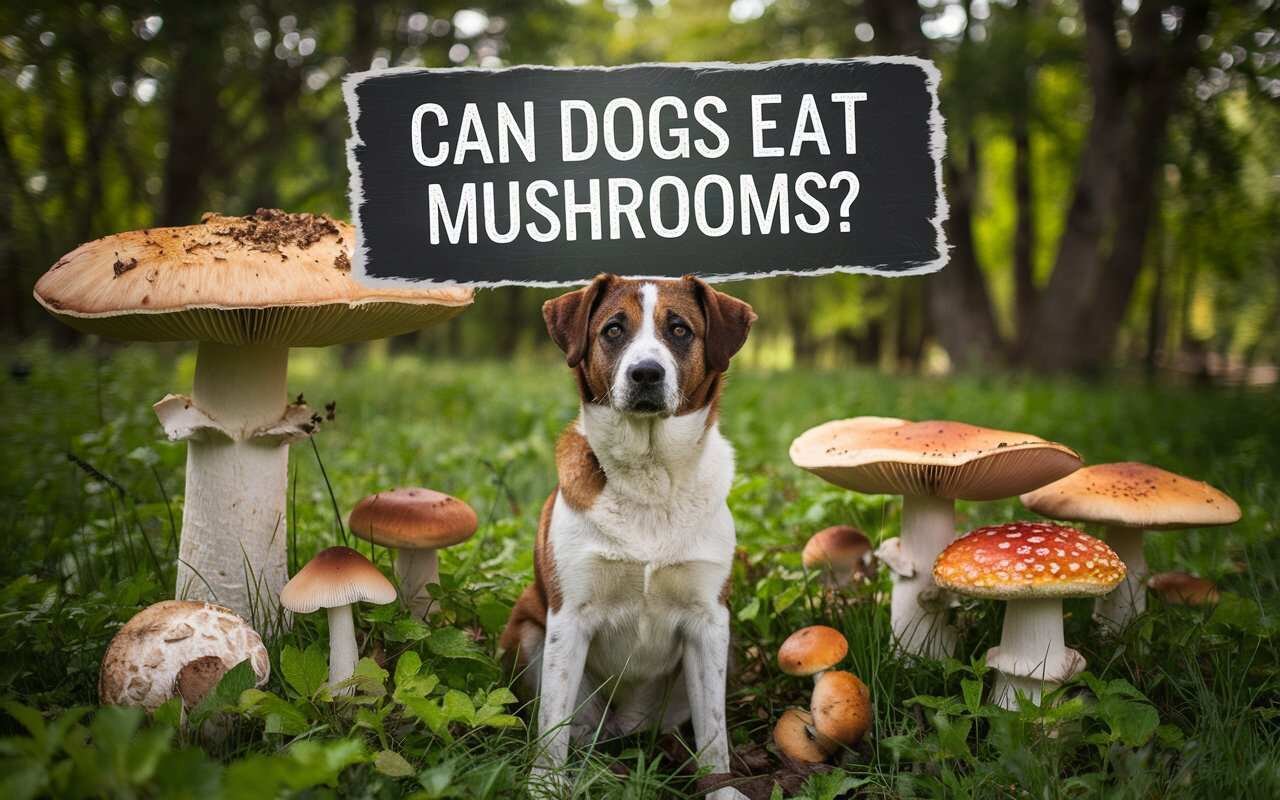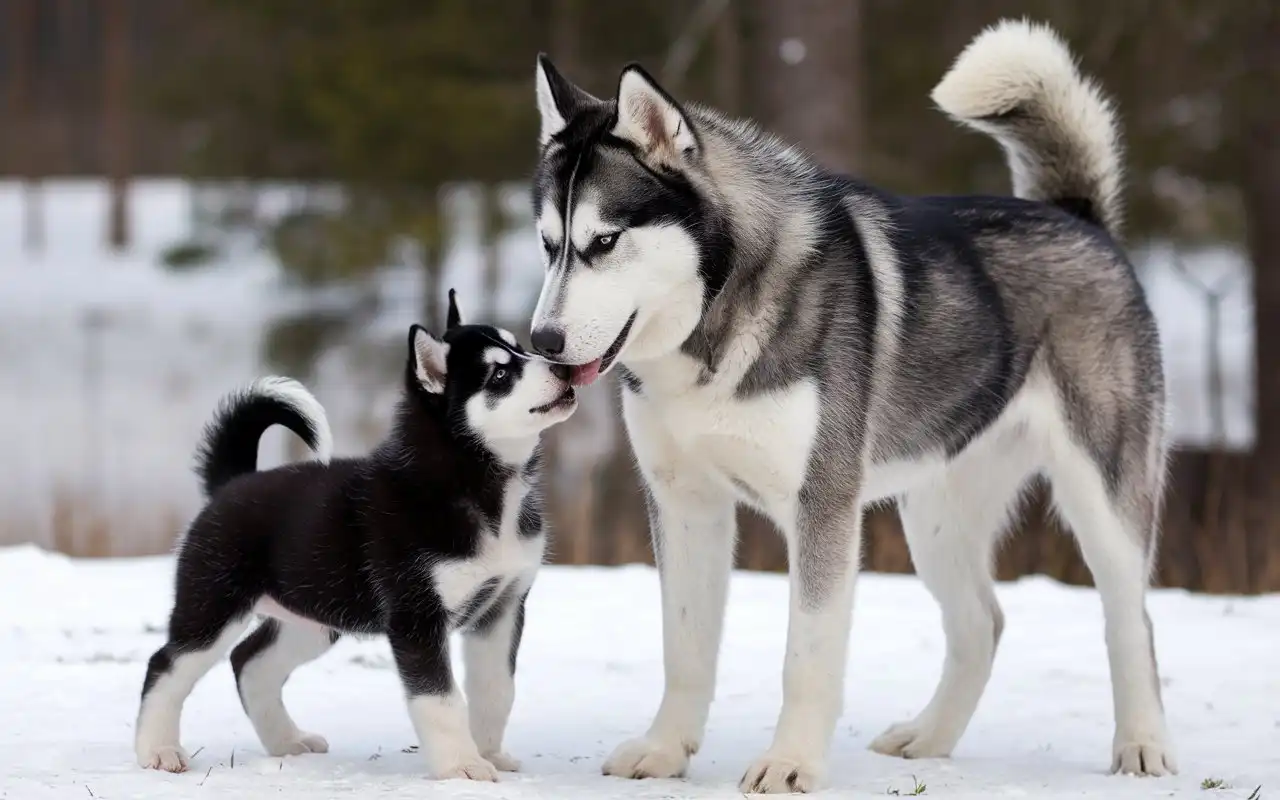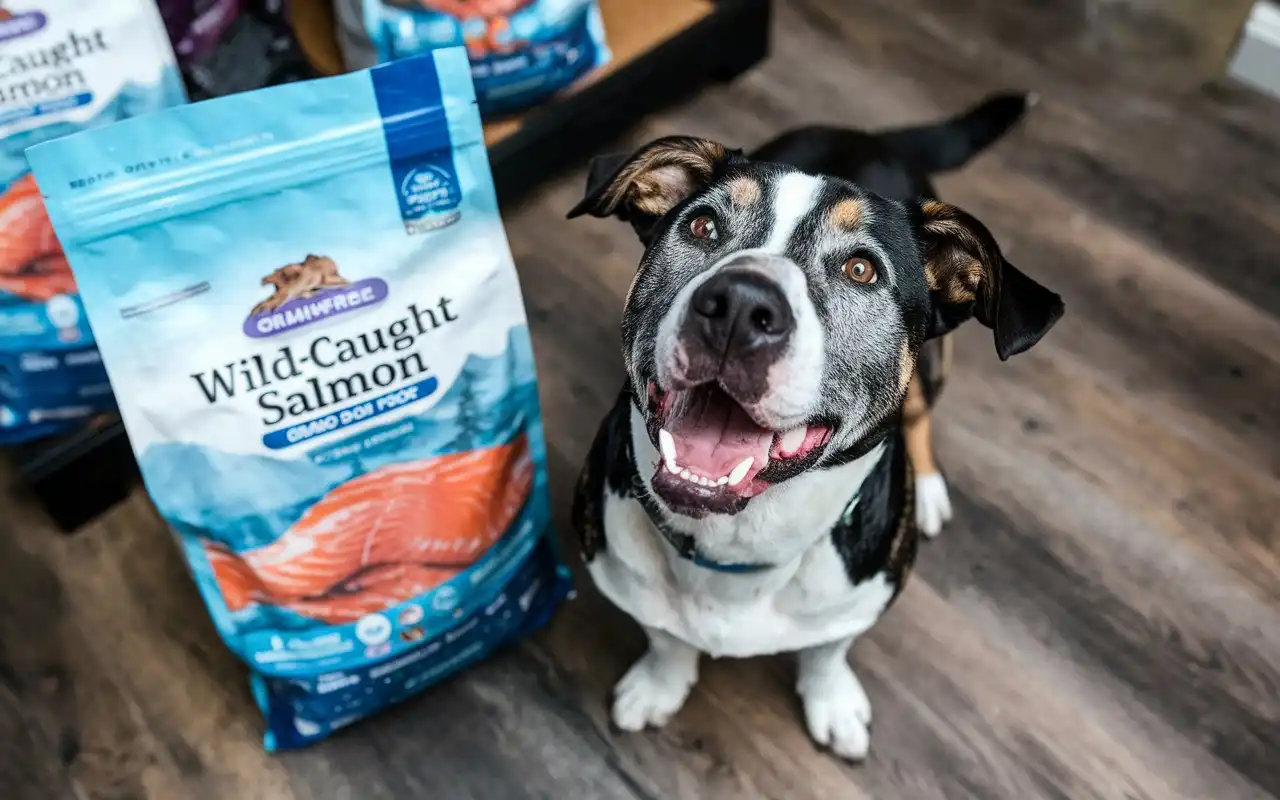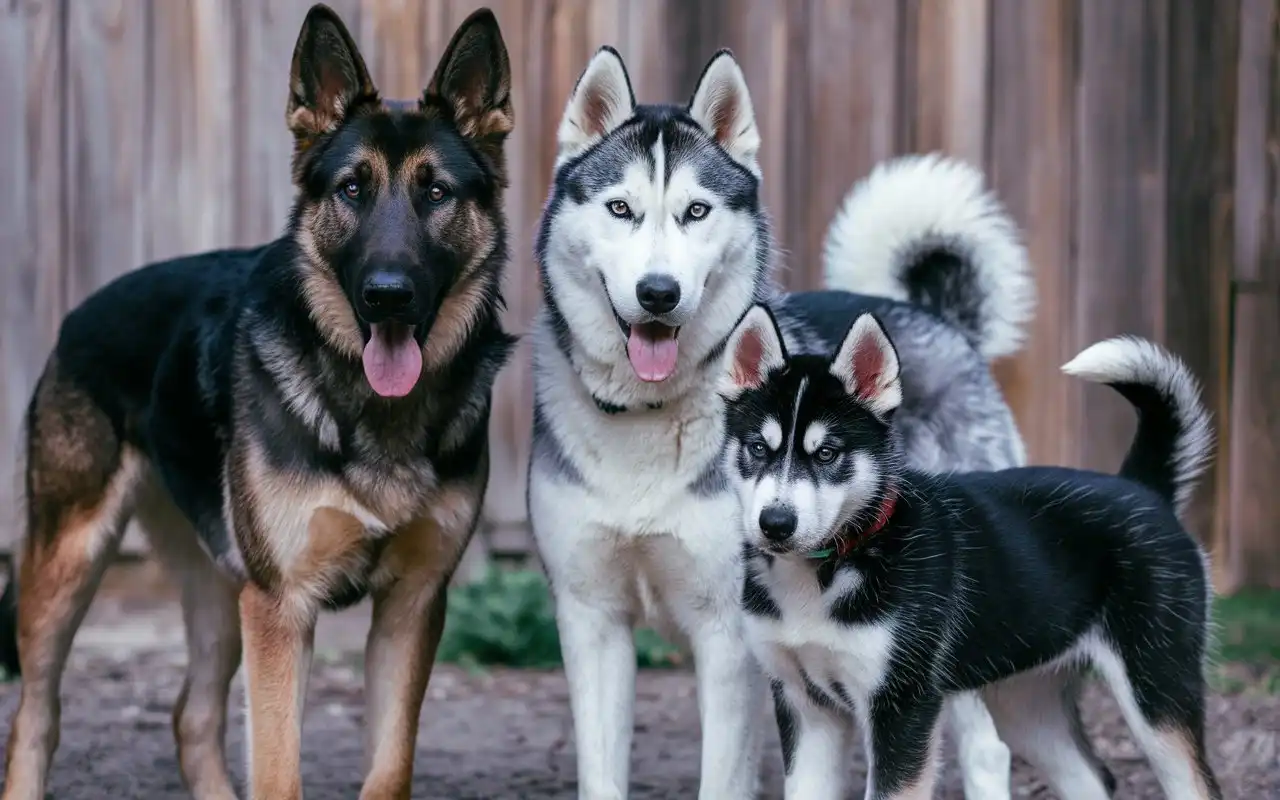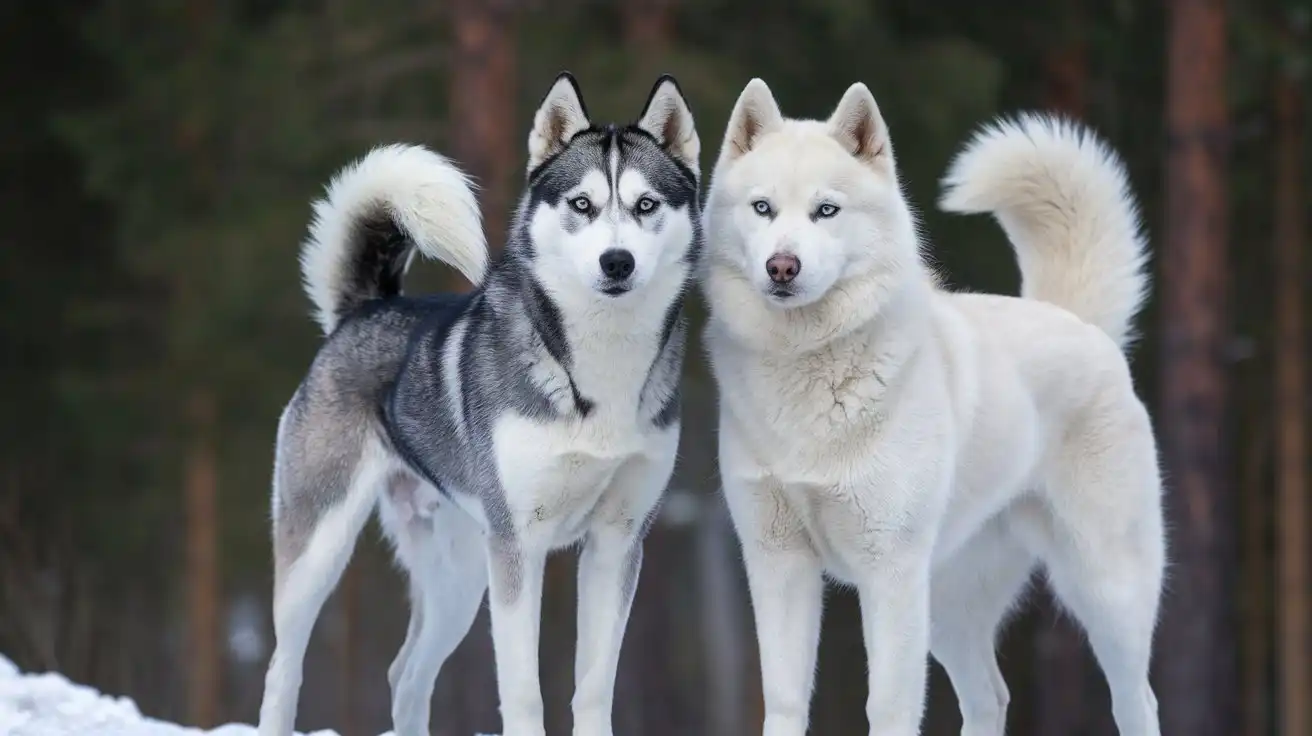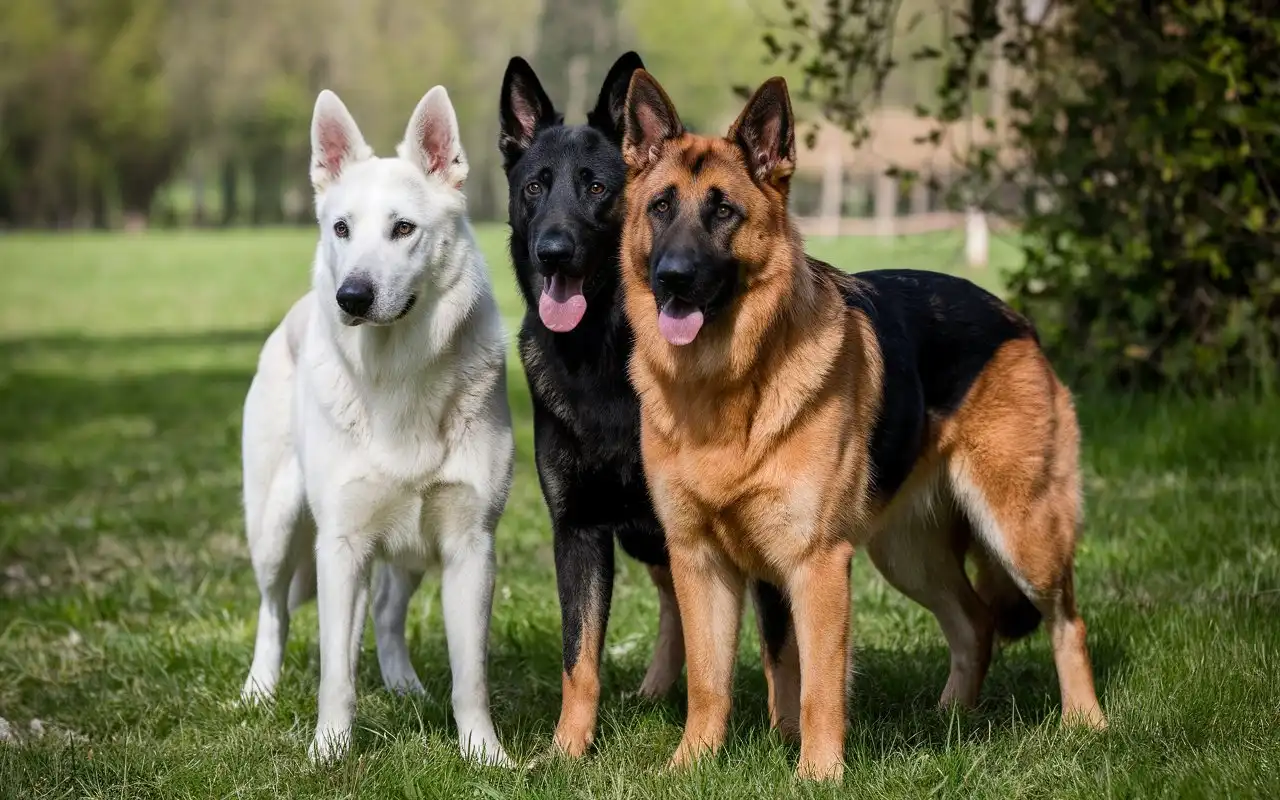Can dogs eat mushrooms? It’s a common question among pet owners who love sharing snacks with their furry companions. While mushrooms are a staple in many human diets, their impact on dogs can vary significantly. Some mushrooms are safe and even nutritious, while others pose serious health risks. Understanding the dos and don’ts of feeding mushrooms to dogs is essential for ensuring their safety.
Table of Contents
Can Dogs Eat Mushrooms?
Can dogs eat mushrooms? The answer isn’t as straightforward as it seems. While many store-bought mushrooms are safe for dogs, wild mushrooms can be toxic and even deadly. Mushrooms are a common part of human diets, but dogs process foods differently, and their sensitivity to certain compounds makes it crucial to distinguish between safe and harmful types.
Store-bought mushrooms like button, cremini, and shiitake are typically safe for dogs when prepared correctly. However, the same cannot be said for wild mushrooms, which can contain toxins harmful to dogs even in small amounts. Pet owners must understand these distinctions to make informed choices about what to share with their pets.
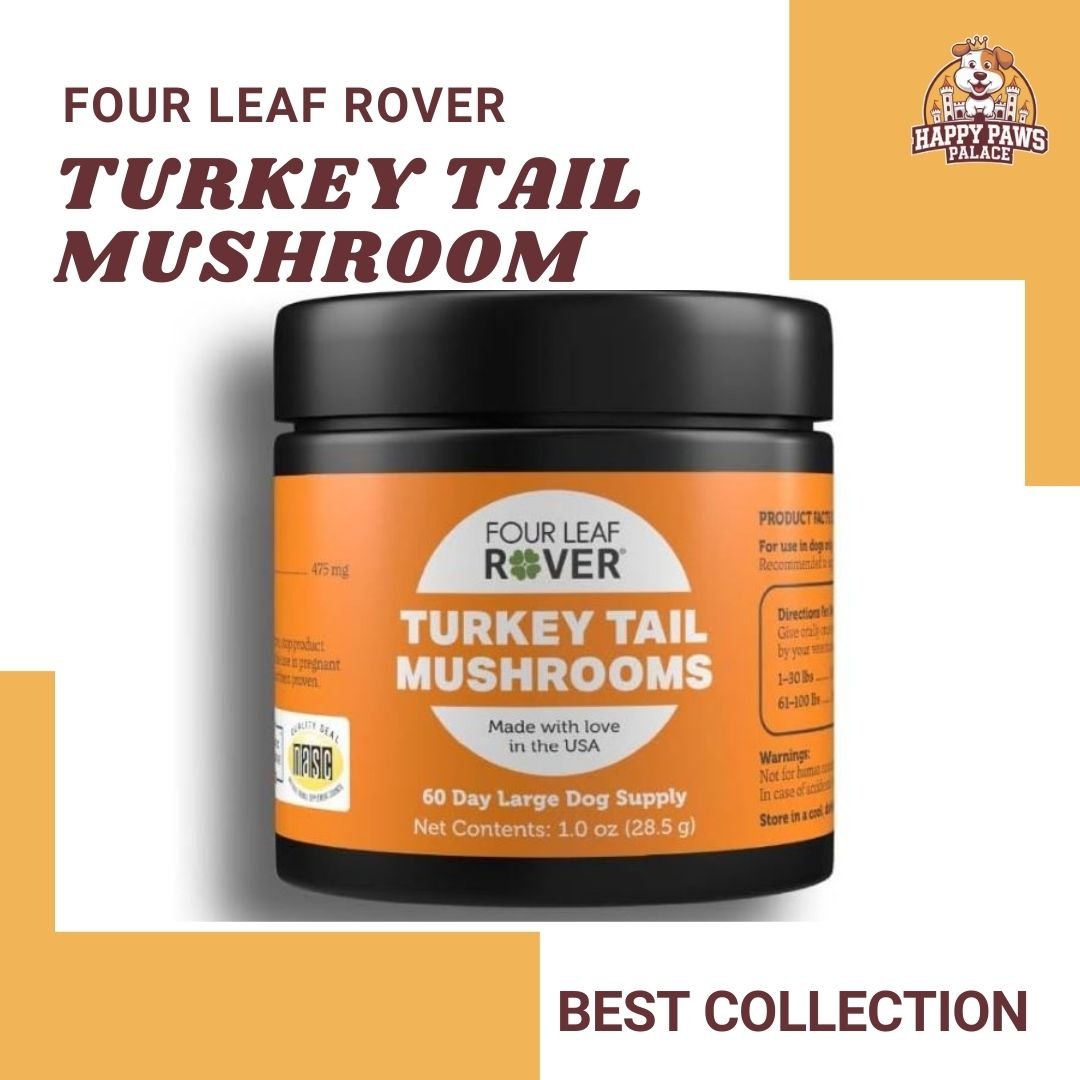
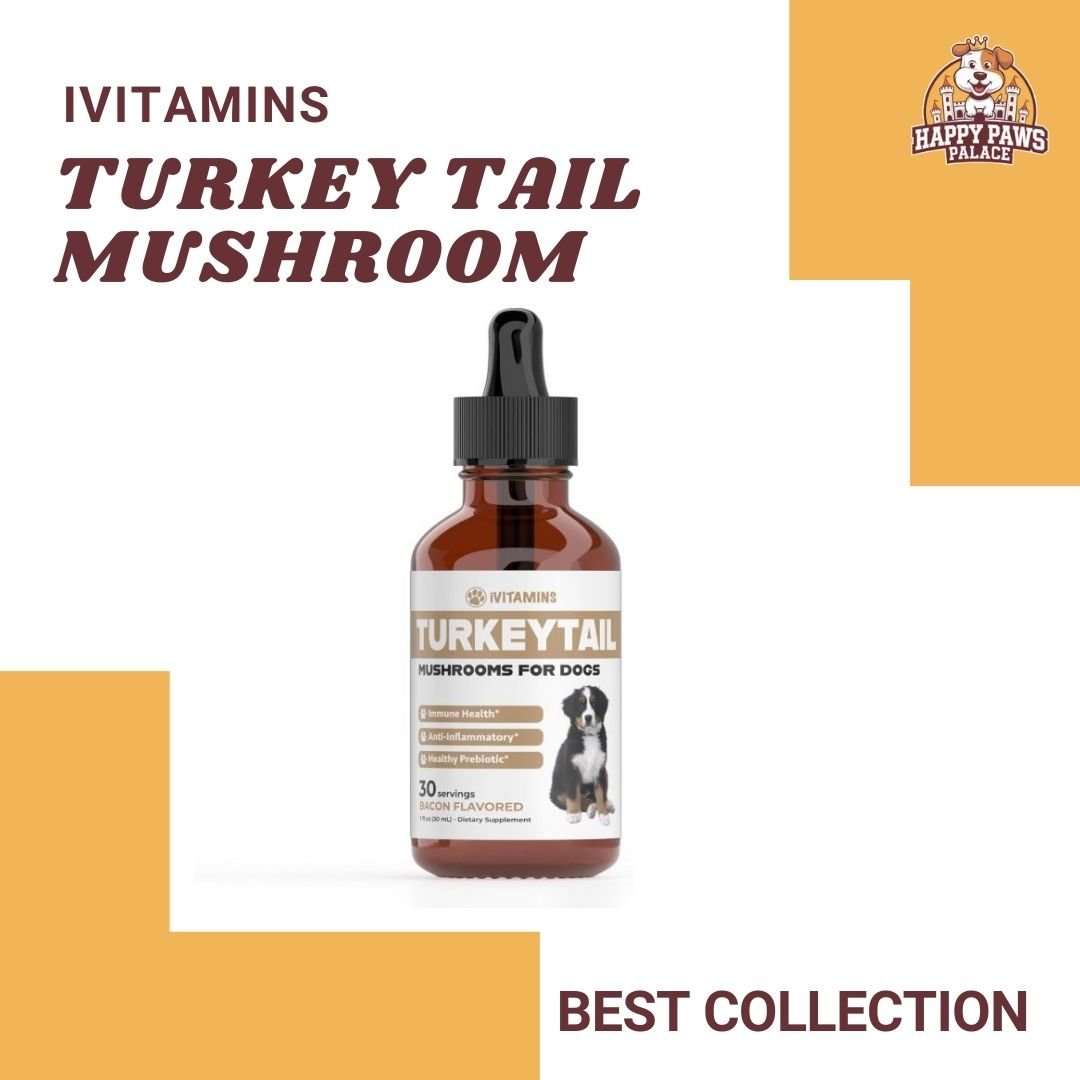
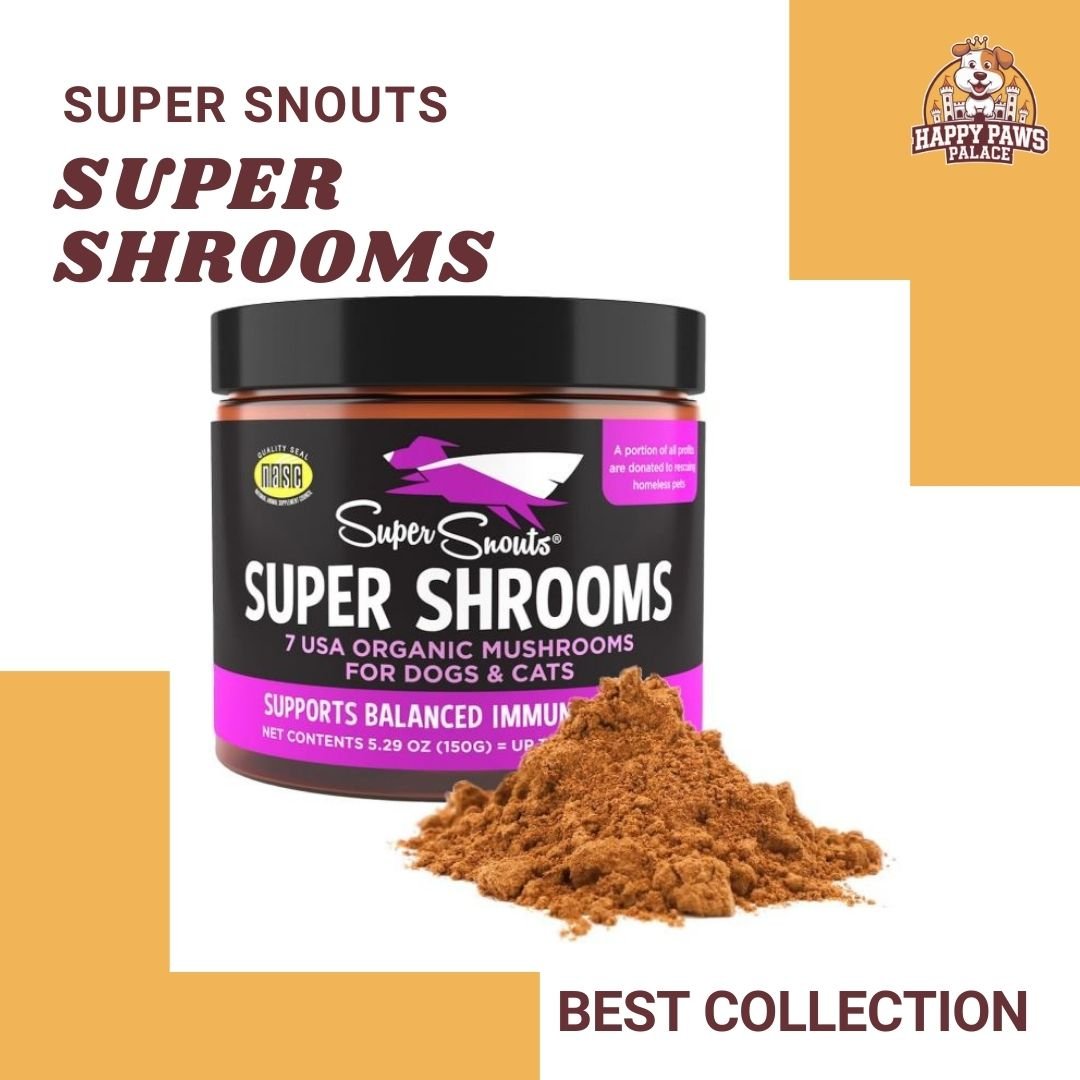
Types of Mushrooms Safe for Dogs
Not all mushrooms are created equal, and understanding which types are safe is vital for your dog’s health. Common edible mushrooms like white button, portobello, and shiitake are generally considered safe for dogs when cooked without seasonings or oils. These mushrooms are low in calories and rich in beneficial nutrients such as B vitamins, selenium, and antioxidants.
Adding small amounts of cooked mushrooms to your dog’s diet can improve their immune system, support healthy digestion, and provide an extra layer of protection against oxidative stress. However, moderation is key—too many mushrooms, even the safe ones, can upset your dog’s stomach. Avoid raw mushrooms, as they can be tough to digest and may contain trace compounds harmful to dogs.
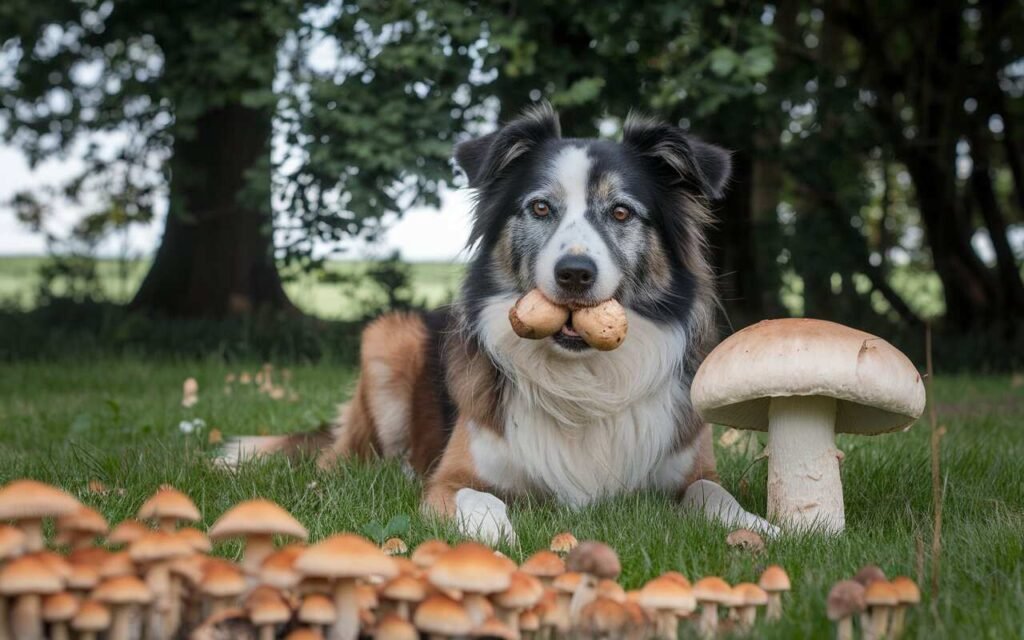
Mushrooms to Avoid
Some mushrooms are downright dangerous for dogs. The most concerning are wild varieties, such as the death cap (Amanita phalloides), fly agaric (Amanita muscaria), and false morels (Gyromitra spp.). These mushrooms contain toxins that can lead to severe health problems or even death.
Even if a wild mushroom looks harmless, appearances can be deceiving. Many toxic mushrooms mimic safe varieties, making it nearly impossible to distinguish between them without expert knowledge. Err on the side of caution and keep your dog away from all wild mushrooms, whether in the yard, on a hike, or in public spaces.
Why Wild Mushrooms Are Risky
Wild mushrooms are risky because of their toxicity and the difficulty in identifying them. Dogs are naturally curious and may sniff or nibble on mushrooms while exploring. However, many wild mushrooms contain toxins that can cause immediate and severe reactions, including organ failure and neurological issues.
Toxic varieties like the death cap can be fatal, even in small doses. Unfortunately, it’s easy to confuse them with edible mushrooms due to their similar appearance. The risk isn’t worth it, and the safest approach is to prevent your dog from coming into contact with any wild mushrooms altogether.
Symptoms of Mushroom Toxicity
Recognizing the symptoms of mushroom poisoning can save your dog’s life. Early signs include vomiting, diarrhea, drooling, and restlessness. As the condition progresses, symptoms can become more severe, such as tremors, seizures, difficulty walking, and jaundice (a sign of liver damage).
In extreme cases, untreated mushroom toxicity can lead to organ failure or death. If your dog exhibits any unusual behavior after potentially ingesting a mushroom, contact your veterinarian immediately. Early intervention can make a critical difference in outcomes.
What to Do if Your Dog Eats a Wild Mushroom
If you suspect your dog has eaten a wild mushroom, act swiftly:
- Remove the mushroom: If you catch your dog in the act, carefully remove any remaining mushroom from their mouth to prevent further ingestion.
- Identify the mushroom: Without touching it directly, take a photo or sample of the mushroom for identification.
- Contact your vet: Call your veterinarian or a pet poison control hotline immediately and provide as much detail as possible.
Do not wait for symptoms to appear before seeking help. Time is of the essence when dealing with potential mushroom poisoning.
Benefits of Safe Mushrooms for Dogs
When it comes to safe mushrooms, the nutritional benefits are significant. Cooked varieties like button and portobello mushrooms are rich in essential nutrients such as potassium, selenium, and Vitamin D. These nutrients play vital roles in maintaining healthy muscles, supporting the immune system, and promoting strong bones.
Mushrooms also contain antioxidants that combat oxidative stress, reducing the risk of chronic diseases in dogs. However, mushrooms should be treated as an occasional supplement rather than a dietary staple to ensure a balanced and varied diet.
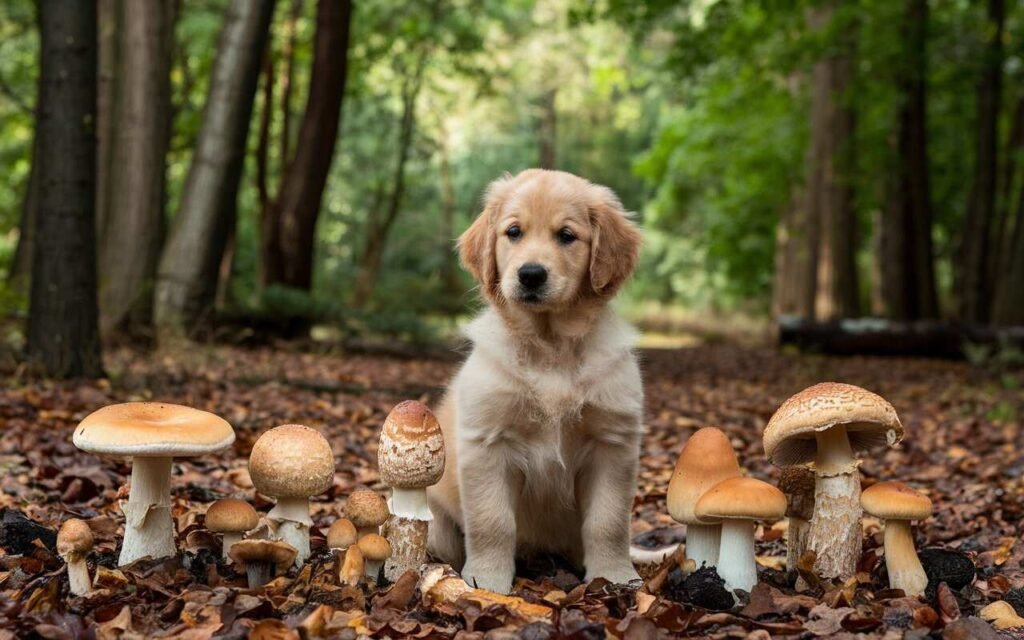
Preparing Mushrooms for Dog
Preparing mushrooms safely is key to avoiding any risks. Start by thoroughly washing the mushrooms to remove any dirt or potential pesticides. Cook them without oils, butter, or seasonings, as these additives can be harmful to dogs. Boiling or steaming mushrooms is the safest method, as it preserves their nutrients while ensuring they’re easy to digest.
Avoid raw mushrooms entirely, as they can be tough for dogs to chew and digest. Proper preparation makes all the difference in providing a healthy and safe treat.
Are Raw Mushrooms Safe for Dogs?
Raw mushrooms aren’t safe for dogs. They can be difficult to digest and may contain harmful compounds that cooking eliminates. The texture of raw mushrooms also poses a choking hazard for smaller breeds. Cooking mushrooms neutralizes these risks and unlocks their full nutritional potential.
By cooking mushrooms, you can provide your dog with a safe and enjoyable snack while avoiding the risks associated with raw varieties.
Mushroom-Based Dog Treats
Mushroom-based dog treats are a creative way to introduce this nutritious ingredient into your pet’s diet. Homemade options include mushroom and sweet potato biscuits or mushroom jerky made specifically for dogs. These treats are easy to prepare and allow you to control the ingredients, ensuring your dog gets a safe and healthy snack.
Store-bought mushroom treats for dogs are also available, but always read labels carefully to ensure there are no harmful additives or preservatives.
Can Dogs Eat Mushrooms Found in the Yard?
Mushrooms in your yard pose the same risks as those found in the wild. Dogs should never be allowed to eat mushrooms growing in the yard, as many can be toxic. Regularly inspect your yard and remove any mushrooms as soon as they appear.
If your dog has a tendency to eat random objects outdoors, consider supervising them during playtime to prevent accidental ingestion of dangerous fungi.
Vet Recommendations on Mushrooms for Dogs
Veterinarians emphasize caution when it comes to mushrooms. While safe, cooked mushrooms can offer health benefits, they should only be given in moderation. Overfeeding mushrooms can lead to digestive upset, and some dogs may have allergies or sensitivities to them.
Always consult your veterinarian before introducing new foods, including mushrooms, to ensure they’re appropriate for your dog’s age, breed, and health status.
Alternatives to Mushrooms for Dogs
Not sure about mushrooms? There are plenty of other healthy snack options for dogs. Vegetables like carrots, green beans, and zucchini are excellent alternatives. They’re low in calories, rich in nutrients, and offer the same crunchy texture that many dogs love.
By providing a variety of safe and nutritious snacks, you can keep your dog’s diet exciting and balanced without relying solely on mushrooms.
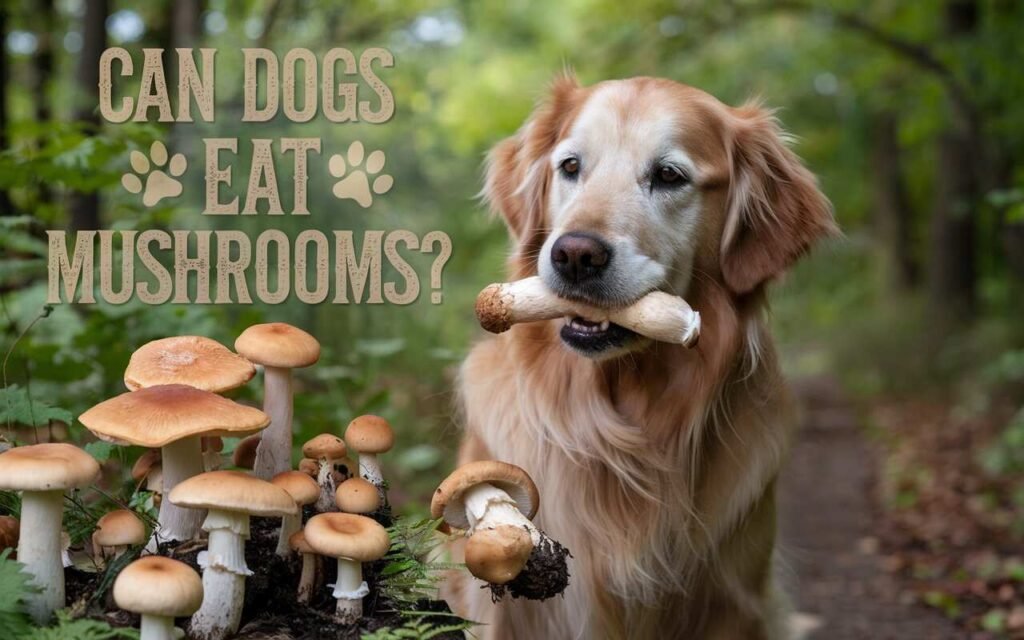
Conclusion
Mushrooms can be a safe and nutritious treat for dogs when chosen and prepared correctly. Stick to cooked, store-bought varieties and avoid wild or raw mushrooms at all costs. As with any new food, moderation is key, and consulting your veterinarian is always a wise step. By prioritizing safety and nutrition, you can keep your furry friend happy and healthy.

